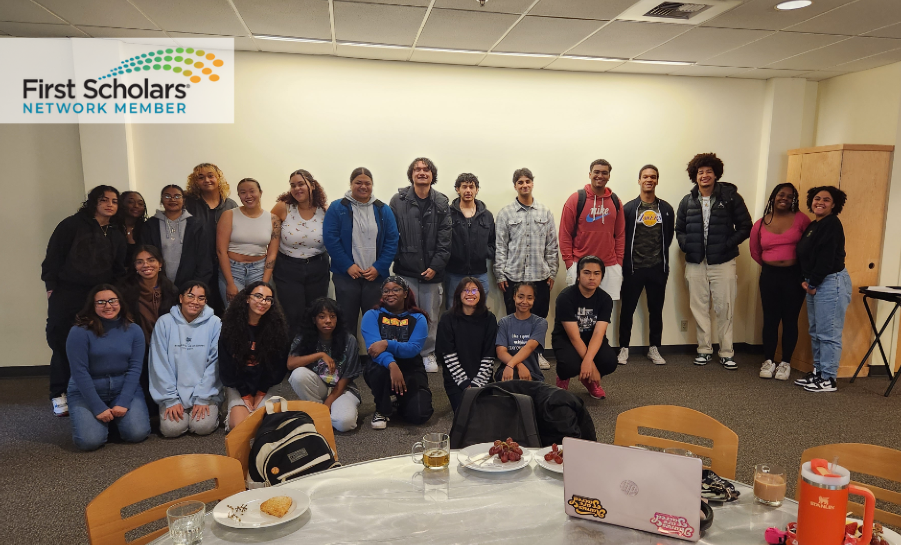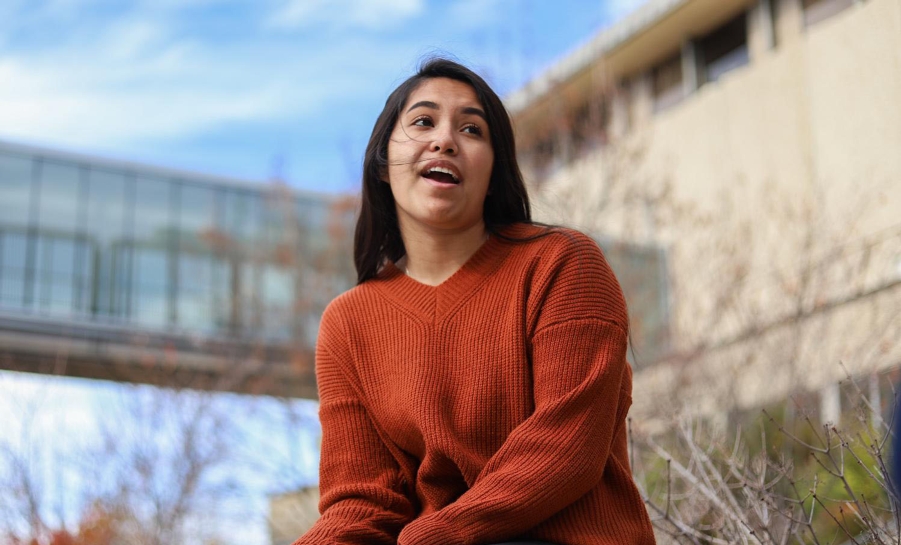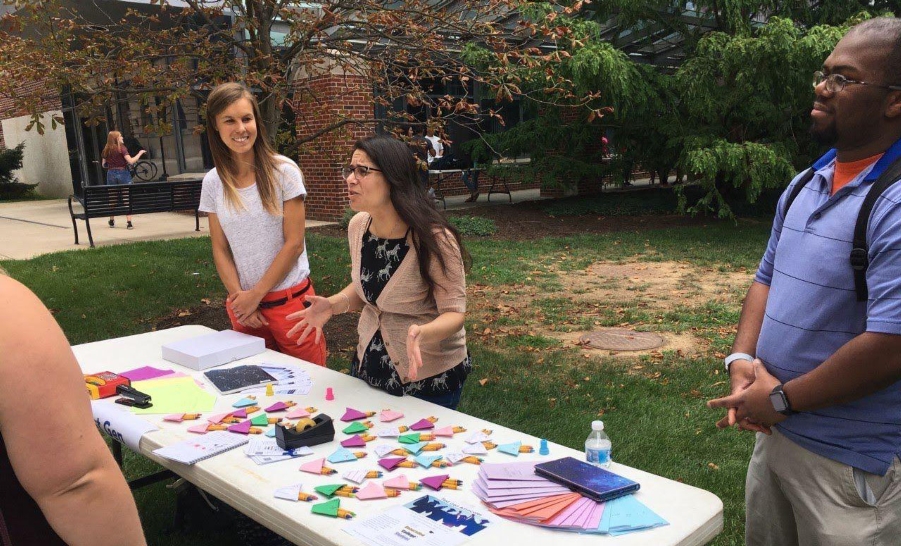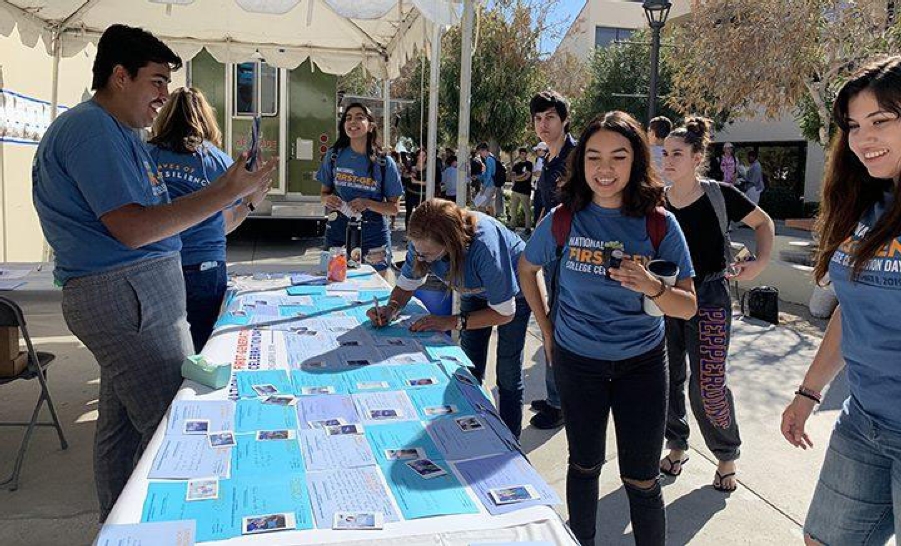The Question of Tipping Points
Joanna Royce-Davis, Angie Hambrick, Pacific Lutheran University / FirstGen Forward / May 17, 2024

We may be at a tipping point. Each year a larger percentage of our incoming class at Pacific Luthern University (PLU) identifies as First in the Family (FIG) to attend college, to attend graduate school, or to attend college in the United States. The percentage of students identifying as First in the Family is nearing 50% of our overall student population and, simultaneously, our overall demographics are changing with consistently more than 50% of our students identifying as Students of Color.
Interestingly, our students also don’t fully resonate with the FIF aspect of their identity until graduation, mostly in the moments when they are collecting the pins that will adorn their regalia. More often, they lead with their more salient identities and then acknowledge FIF as an experience, rather than an identity. Having this insight about the dynamics of our specific learning context has positioned us to respond by expanding our understanding and application of inclusive and universal design principles as both a settings (e.g., classrooms, buildings) and systems approach (e.g., the design of our First Year Experience program) to caring for our students, their families, and our shared continuous learning and development.
This embedded focus on what supports the necessary navigational capital, supports, and resources for FIF by applying it to the design of learning spaces and experiences for all students allows us to devote energy to affinity-engaged, identity resonating opportunities for relationship, pathways to community engagement and degree progress, and closing equity gaps. What this looks like in practice requires a built environment that centers student agency, while proactively anticipating communication and information needs that support persistence and degree progression. An illustrative example of this work utilizing universal and inclusive design to influence the overall built environment at PLU is found in our newly revised General Education program and in the General Education core course, PLUS 100 (PLU Success 100), that is primarily taught by a combination of educators from the faculty, Student Life, Athletics, and PLU’s Center for Student Success.
As a course focused on navigating transition PLUS 100 has offered an opportunity to co-design a learning experience that responds to who students are first by shaping the course sections to reflect affinity through identity (e.g. Student who identify as Neurodivergent), experience (e.g., Students who are commuting), major (e.g., Nursing or STEM), or interest (e.g.Outdoor Recreation). First year students opt into the section that most resonates with where they might most experience belonging, a primary expected outcome of the course. The course is based on a common set of learning outcomes and curricular anchors that are designed using universal and inclusive design principles and embed navigational capital, access and engagement with key university resources, and asset based approaches to engaging prior student learning into every aspect of the course.
Educators from across the university, including faculty and staff, teach the course as an embedded priority of their roles. Peers who share identities or affinities serve as Teaching Assistants for the course, offering the gift of their acquired wisdom as part of the intentional design. Ultimately, the affinity-based sections support learning in community and through relationships in a way that inspires students' confidence as learners and as contributing community members.
While we have historically offered dedicated First in Family sections of PLUS 100, students have increasingly shared feedback that their first choice of section has been based on identities or affinities that they experience as much more salient and relevant to how they expect to - and do - experience college and PLU.
We may be at a tipping point.





